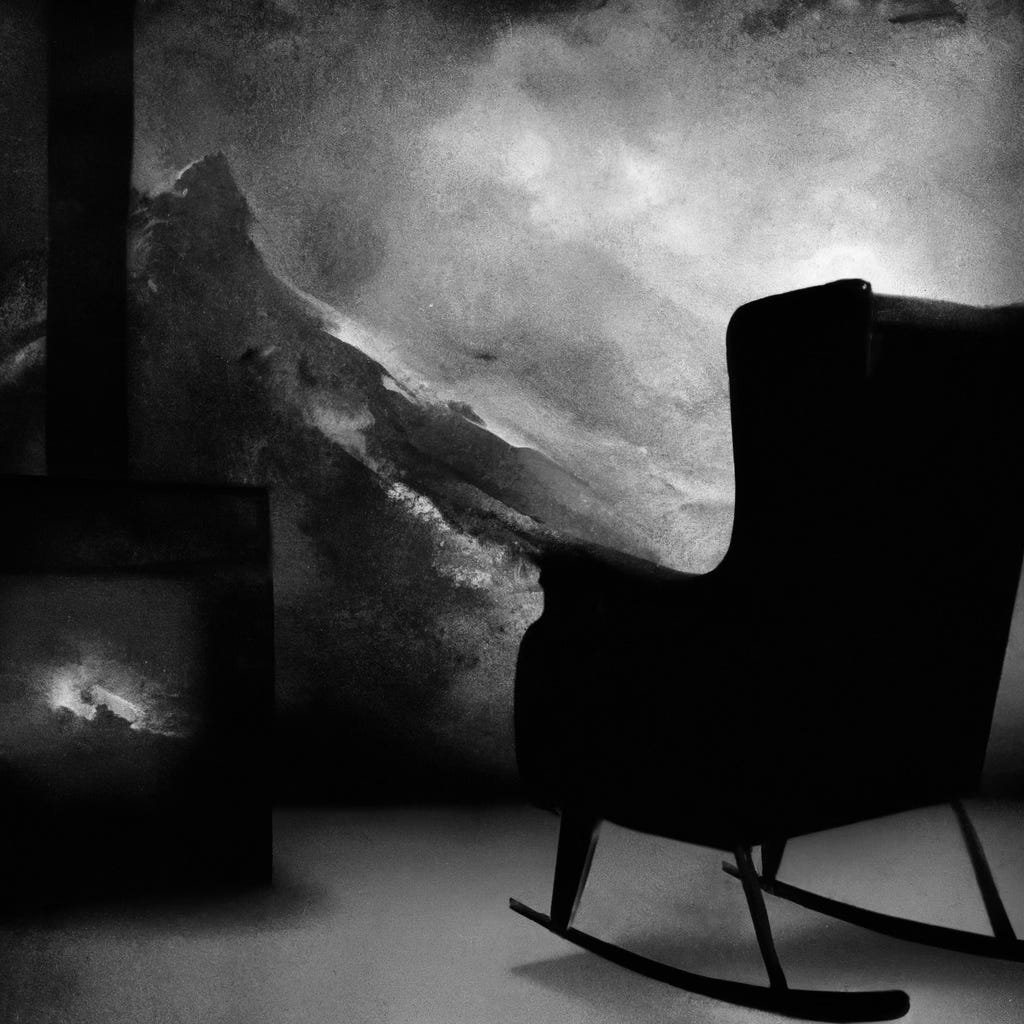Every product that fits too soon dies as an idea that never had to fight.
Acceptance is a test, not a finish line. Struggle carves ideas into instruments that challenge the status quo.
When an idea finds its place too quickly, it stops evolving. The struggle to find alignment with reality—the resistance from markets, people, or systems—is what sharpens its purpose. Without opposition, an idea remains fragile, untested, and easily replaced. The paradox of creation is that survival demands resistance; the more easily something fits, the less capable it becomes of transforming the world that received it.
Every truly transformative product, venture, or philosophy begins as an anomaly—misunderstood, dismissed, even ridiculed. Its value does not arise from how neatly it fits existing frameworks, but from how violently it challenges them. In the process of being rejected, it learns to redefine the standards themselves. The act of creation, then, is not about achieving acceptance but enduring non-acceptance long enough to become indispensable.
Modern markets often reward compliance. Metrics, playbooks, and formulas create a false sense of mastery, teaching founders and thinkers to imitate what has already worked. But the pursuit of fit—too early, too eagerly—kills originality. Fit is not a finish line; it is a test. The purpose of friction is not to stop an idea, but to measure whether it deserves to continue existing.
It is true that early fit can bring quick rewards — it satisfies markets, investors, and short-term ambitions. But what it truly builds is conformity, not transformation; it sustains the status quo rather than breaking it. Those who seek fast alignment may profit from it, yet they leave the world exactly as they found it.
True innovation arises when creators refuse to adjust themselves to what is, and instead force the environment to adjust to what could be. The most powerful ideas are born not from alignment, but from defiance. They outlast trends precisely because they were never built to fit them. Their form emerges through countless failures, each one stripping away what was inessential, leaving behind only what is necessary to endure.
Every product, system, or individual that aims to redefine its field must therefore accept a simple rule: the longer it resists the temptation of early acceptance, the more it learns to build strength from its own dissonance. The friction that others interpret as failure is the process through which distinction is forged.
To fight is to evolve. To fit too soon is to decay. The world does not need more ideas that align effortlessly—it needs those that force reality to expand. Only what survives the resistance it creates can claim to have truly earned its place.

